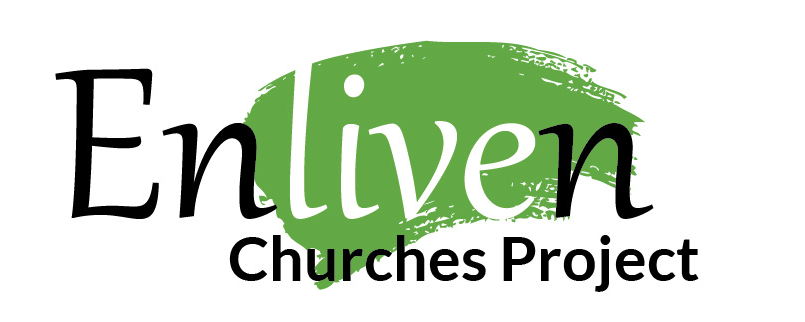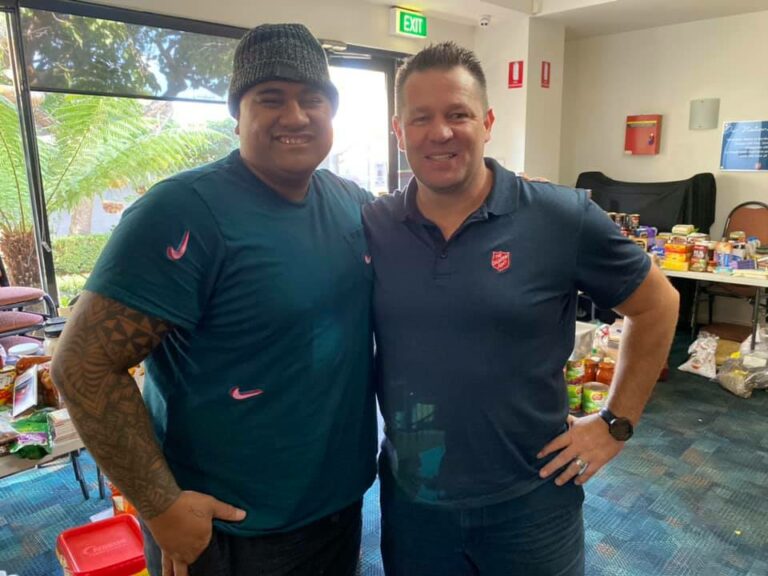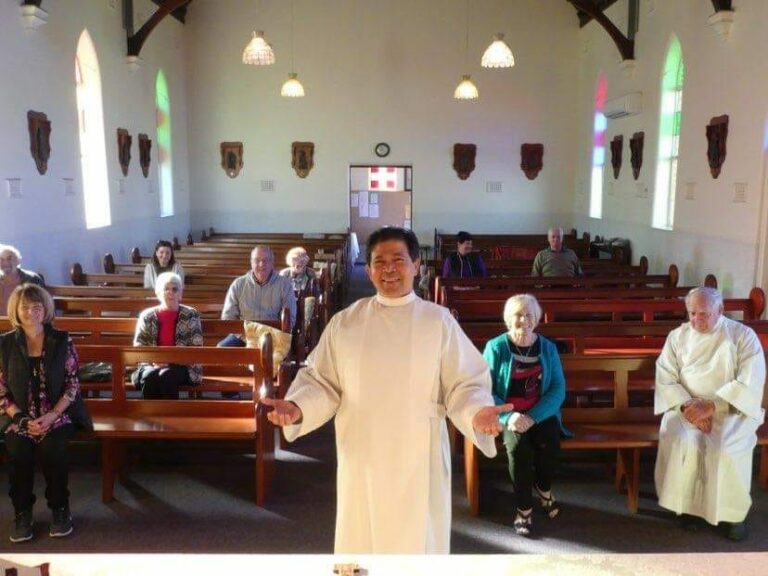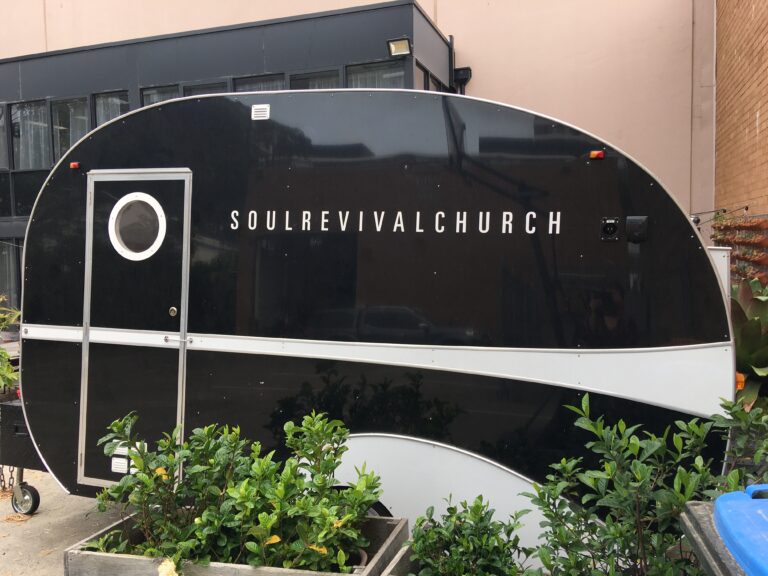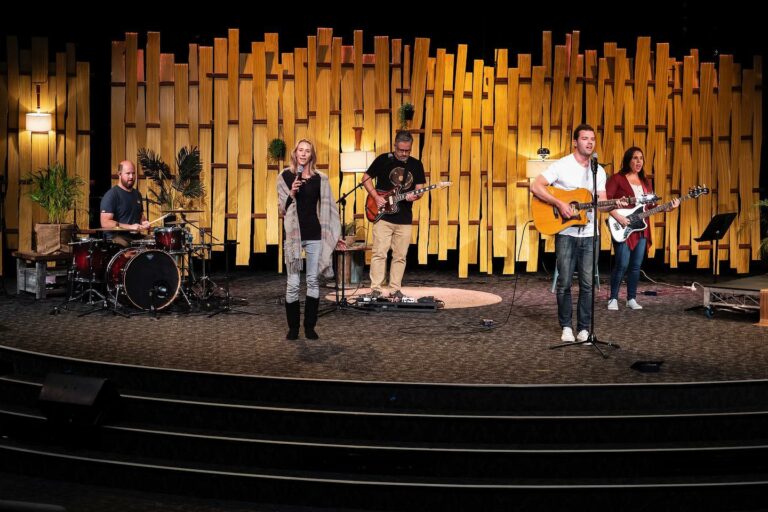Here’s an excerpt from our interview with Merewether C3, whose leaders Ryan and Erika Croxford and their team, build their health and vitality through initiatives such as this.
Read the conversation below.
NCLS: What do you think has contributed to your church being healthy and vibrant?
RC: Building with the strong. I was working for Compassion and I was traveling every month internationally and domestically, and it was quite full-on. We had young children and it was really full-on. I had no time. And I asked a mentor, what should I focus my energy and time on? Other pastors were there. And he said, focus on the strong, and I was really offended by it, actually. I went away thinking, that’s ridiculous. All I’ve ever wanted to be since I was a child was a pastor and I thought that was all about looking after the lambs and being a shepherd and looking after the weak and needy and so on.
But then I went back and looked at Jesus’s life and I realised that he never went to anybody. He never actually went to anybody. They all came to him. And I observed that my paradigm in pastoring, was running to everybody and creating a dependent relationship by doing so where they would depend on me. And that inevitably can grow exponentially to the point where a lot of pastors burn out. This is my observation.
And so I realised that I needed to change my view, and so I looked at Jesus’s example of spending majority of his time with his disciples and then always being available to whomever came to him. And so I changed my leadership paradigm, the point that I now spend 99% of my time intentionally developing, very intentionally, our staff and pastors and other people that I would say have a potential for influence, and some of it’s not ministry-related at all.
So I changed that. Now every one of our pastors and key team have a reoccurring monthly appointment with me where I sit down with them, I buy them a meal, and I intentionally develop them. I ask them specific questions that are usually the same and it’s predominantly about their personal wellbeing, not about their ministry output. So that has been a game-changer for me.
NCLS: So you’re journeying with them, with how they’re going?
RC: Yes, asking them. And I developed some questions with Keith Farmer. He’s someone that mentors a number of pastors and has done for many decades in the nation. Anyway, he has a psychology background. And so he mentors me, and I looked at some of the questions he was asking and developed a set of questions that I now ask them.
So it’s always, how are you and God? How are you and your spouse and your other relationships? How are you in terms of your recreation, well-being, eating and sleeping? How are you going there? And finances, all of those things.
And I’ll allow the conversation with each of them to go where it needs to. If they say, yes, me and God are good. I’m praying, I’m worshipping, I move on. Me and my wife, our relationship’s not going well. Let’s talk about it. And so we have that conversation. But I’m essentially asking the same questions every time and they know them. They’re coming.
After every meeting, I take a voice note on Evernote of what happened in our conversation and I listen to it as I’m driving to my next appointment the following month so that I’m intentionally building on what we’ve been talking about and not just having to chat about what they’re doing with the ministry that they’re leading. We do eventually get on to what they’re working on, but our conversation is filled with questions.
NCLS: Yes. With that approach of intentional mentoring formation?
RC: Yes. All of our staff are charged with the same thing. Go to the people, build that discipleship, and your disciples’ disciples be strong. So the model flows down, and so the leaders under me do the same with the ones that they oversee.
